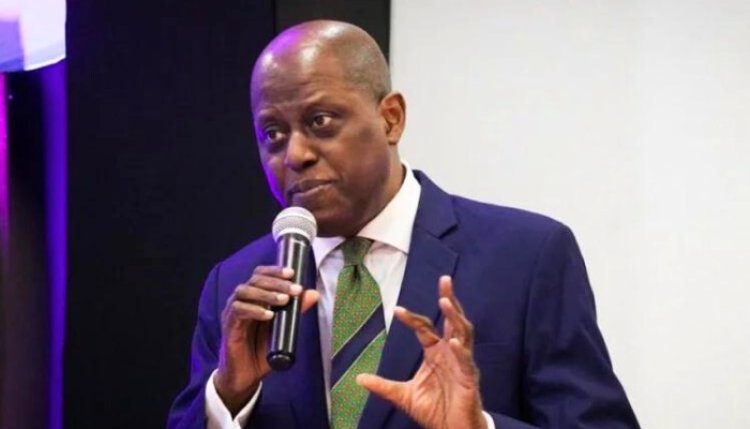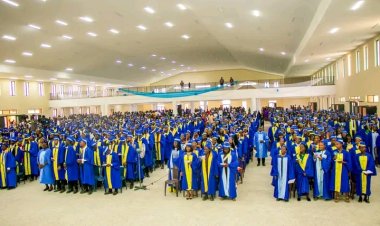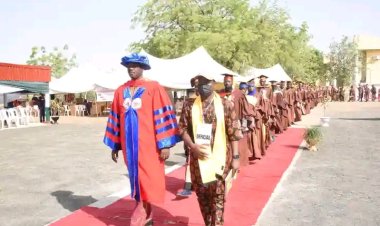Nigerian Parents Struggle to Pay Foreign School Fees Amid Currency Volatility
According to data from UNESCO, Nigeria ranks 10th in terms of international students' origin, with approximately 71,753 Nigerian students studying abroad. Among them, 14,438 are in the United States, and 128,770 enrolled in UK universities between 2015 and 2022, based on statistics from the Higher Education Statistics Agency of the UK.

Nigerian parents with children studying abroad are grappling with the challenge of paying school fees due to the fluctuating exchange rate of the national currency, the naira,
The naira hit a historic low on January 30, 2024, reaching N1,413 against the US dollar at the official foreign exchange market. This depreciation has resulted in increased fees for parents paying in naira, despite most universities abroad maintaining stable fee structures.
According to data from UNESCO, Nigeria ranks 10th in terms of international students' origin, with approximately 71,753 Nigerian students studying abroad. Among them, 14,438 are in the United States, and 128,770 enrolled in UK universities between 2015 and 2022, based on statistics from the Higher Education Statistics Agency of the UK.
UK universities charge tuition fees ranging from £11,000 to £15,000, with additional requirements for visa applications, including proof of funds. In the US, average tuition fees range from $8,000 to $25,000, depending on the course.
Olayemi Cardoso, Governor of the Central Bank of Nigeria, addressed the House of Representatives, citing a significant expenditure of $28.65 billion on foreign education expenses between 2010 and 2020, according to CBN balance of payments statistics.Iinterviewed affected individuals, including a widow who relies on cooperative loans to fund her son's education in the US, and a Nigerian student in the UK expressing concerns about increased fees and living costs.
Ibilade Joel Adesokan, CEO of Into University Educational Consult, highlighted the trend of parents withdrawing their children from foreign institutions due to the naira's devaluation. He suggested exploring remote work opportunities to cover educational expenses.
RECCOMENDED FOR YOU;BREAKING: WAEC Finally Releases WASSCE 2023 Results, How to Check
Educationist Mrs. Sandra Udoh advised parents not to burden themselves with foreign currency fees, suggesting withdrawing their children from overseas education. Professor Mahfouz Adedimeji proposed investing in Nigerian universities, emphasizing their competitive quality.President Bola Tinubu, during the 54th convocation of the University of Lagos, emphasized the need to reduce foreign exchange loss through student fees by implementing the transnational education policy.





